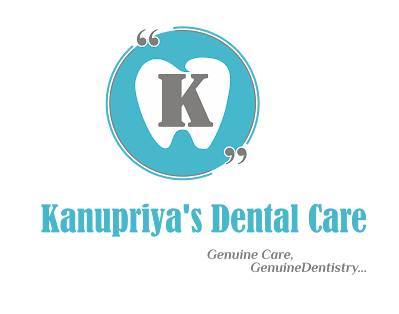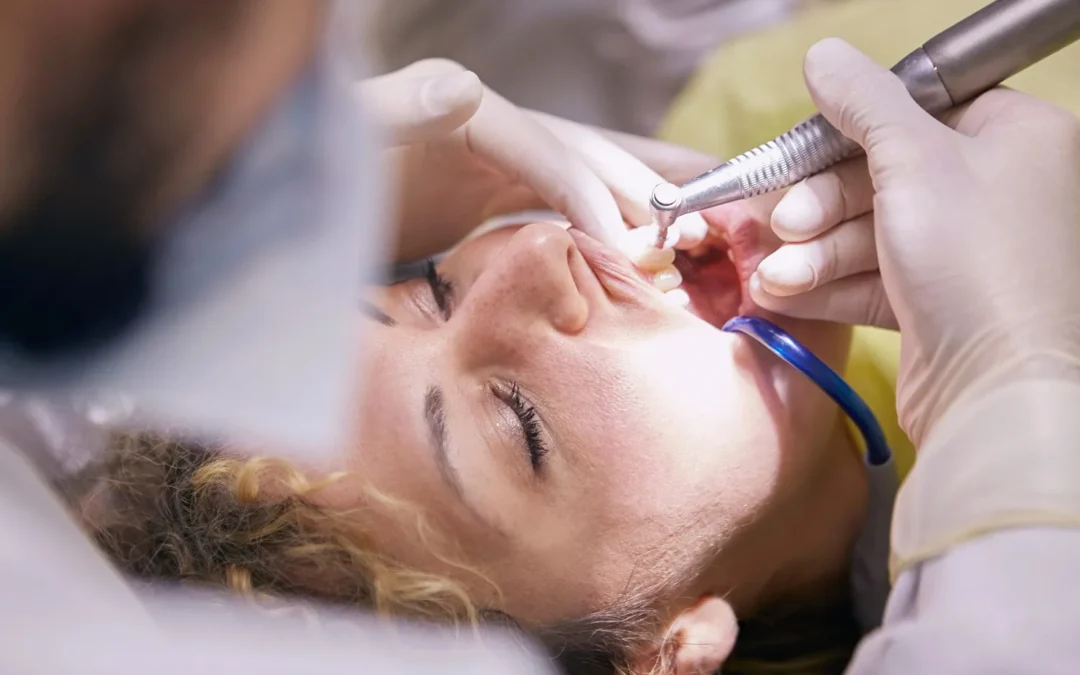Oral health is essential to your overall well-being, yet it’s often taken for granted until problems arise. Many individuals experience dental issues that, over time, require more than just routine care. In some cases, a comprehensive approach called full mouth rehabilitation becomes necessary. But how do you know if you need such extensive treatment? Identifying the key signs early can save you from discomfort, costly procedures, and even more severe health problems. In this blog, we’ll explore the telltale signs that indicate you might need full mouth rehabilitation and provide valuable insights into the process.
What Is Full Mouth Rehabilitation?
Before diving into the signs, it’s essential to understand what full mouth rehabilitation entails. Full mouth rehabilitation is a customized treatment plan designed to restore the function, health, and appearance of your entire mouth. It typically involves a combination of dental procedures, such as crowns, bridges, veneers, implants, and orthodontics, all tailored to address specific issues. The goal is not just to fix individual problems but to create a harmonious, functional, and aesthetically pleasing smile.
How to Know If You Need Full Mouth Rehabilitation: Key Signs
Chronic Pain and Discomfort
One of the most significant indicators that you may need full mouth rehabilitation is persistent pain or discomfort in your teeth, gums, or jaw. This can include:
- Frequent Toothaches: If you find yourself frequently dealing with tooth pain, it could be a sign of underlying decay, infection, or damage that needs comprehensive treatment.
- Jaw Pain or TMJ Issues: Pain in the jaw or temporomandibular joint (TMJ) might indicate misalignment or bite issues that require correction through full mouth rehabilitation.
- Gum Sensitivity or Bleeding: Chronic gum problems, such as sensitivity or bleeding, could suggest periodontal disease, which often needs to be addressed as part of a full mouth rehabilitation plan.
Multiple Missing or Damaged Teeth
Missing or severely damaged teeth can significantly impact your oral health, leading to issues with chewing, speaking, and even your facial structure. If you have multiple missing or damaged teeth, full mouth rehabilitation may be necessary to restore function and prevent further complications.
- Tooth Decay: Extensive tooth decay that affects multiple teeth often requires more than just fillings or crowns. Full mouth rehabilitation can address widespread decay and prevent future damage.
- Broken or Cracked Teeth: If several of your teeth are broken or cracked, it may indicate weakened enamel or other underlying issues that require a comprehensive approach.
Difficulty Chewing or Speaking
Do you find it challenging to chew certain foods or speak clearly? This could be a sign that your teeth are not properly aligned or that you have missing teeth affecting your bite.
- Bite Problems: Misaligned teeth or an uneven bite can cause difficulty in chewing and may lead to jaw pain or TMJ disorders. Full mouth rehabilitation can correct these issues, restoring proper function.
- Speech Impairments: Missing teeth or dental misalignment can also impact your speech, making it difficult to pronounce certain words or sounds. Addressing these issues through full mouth rehabilitation can improve your ability to communicate effectively.
Worn Down or Eroded Teeth
Over time, teeth can become worn down due to grinding (bruxism), acid erosion, or general wear and tear. This can lead to sensitivity, pain, and an unattractive appearance.
- Tooth Sensitivity: If you experience sensitivity when consuming hot, cold, or sweet foods, it could be a sign that your teeth are worn down or eroded. Full mouth rehabilitation can help rebuild your teeth and protect them from further damage.
- Shortened Teeth: Teeth that appear shorter than usual may be a result of excessive grinding or erosion. This can affect your bite and overall oral health, making full mouth rehabilitation a necessary solution.
Periodontal (Gum) Disease
Gum disease is a common but serious condition that can lead to tooth loss and other health problems if left untreated. Symptoms of advanced periodontal disease include:
- Receding Gums: Gums that are pulling away from your teeth may indicate severe gum disease, which requires treatment as part of full mouth rehabilitation.
- Loose Teeth: If your teeth feel loose, it could be due to bone loss caused by periodontal disease. Full mouth rehabilitation may involve treatments to restore gum health and stabilize your teeth.
The Full Mouth Rehabilitation Process
Full mouth rehabilitation is a collaborative effort between you and your dentist. The process typically involves the following steps:
- Comprehensive Examination: Your dentist will conduct a thorough evaluation of your oral health, including X-rays and impressions.
- Treatment Planning: Based on the examination findings, your dentist will develop a customized treatment plan to address your specific needs.
- Restorative Procedures: Depending on your case, treatment may include dental implants, crowns, bridges, dentures, or orthodontic treatment.
- Bite Correction: If necessary, your dentist will address bite issues through occlusal adjustments or orthodontic treatment.
- Gum Treatment: Periodontal therapy may be required to treat gum disease and prevent further bone loss.
Reclaim Your Oral Health and Confidence
Full mouth rehabilitation is a comprehensive solution for individuals facing multiple or complex dental issues. If you’re experiencing any of the key signs discussed—chronic pain, missing or damaged teeth, difficulty chewing or speaking, worn-down teeth, or periodontal disease—it may be time to consider this transformative treatment. By addressing these problems early, you can prevent further complications and restore both the function and appearance of your smile. If you suspect you need full mouth rehabilitation, consult with a trusted dentist at Kanupriya Dental Care to explore your options and start your journey toward a healthier, more confident smile.

